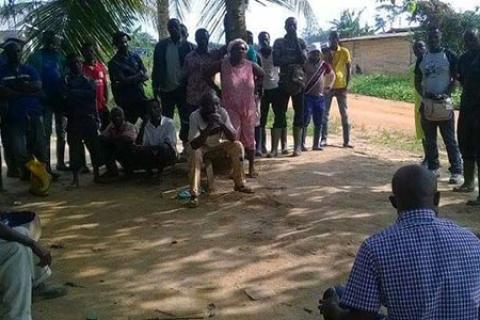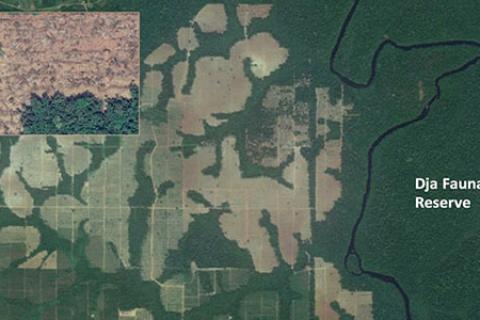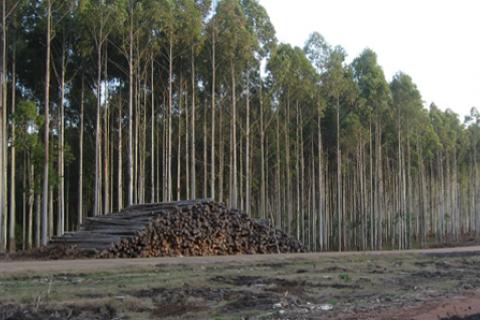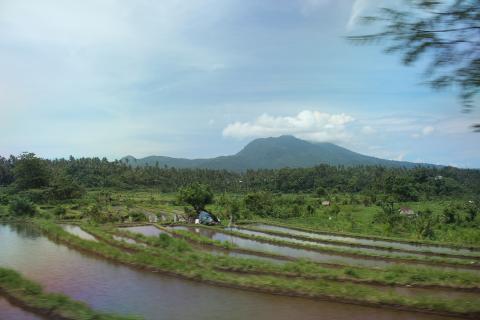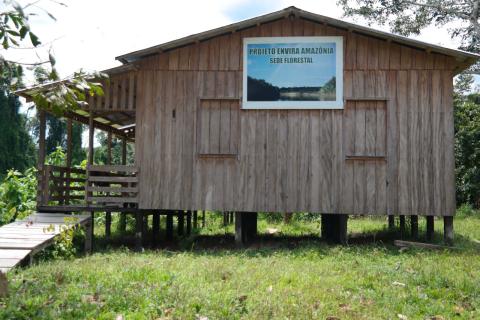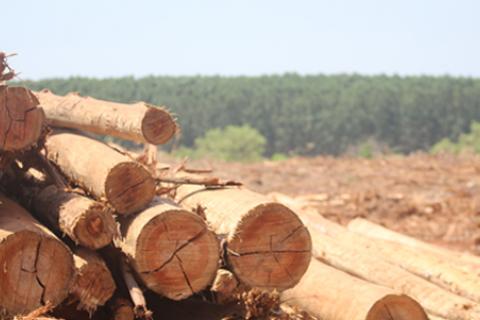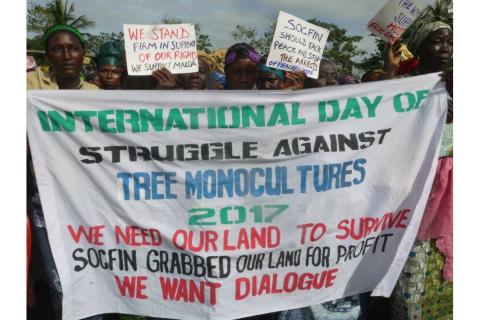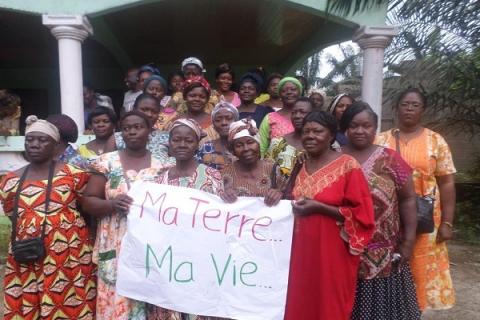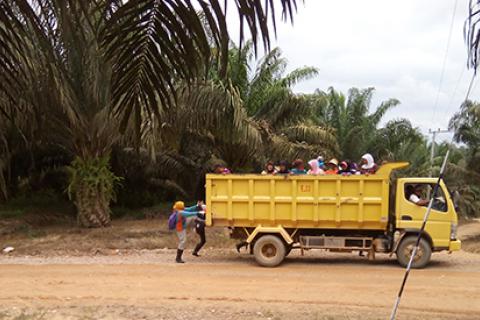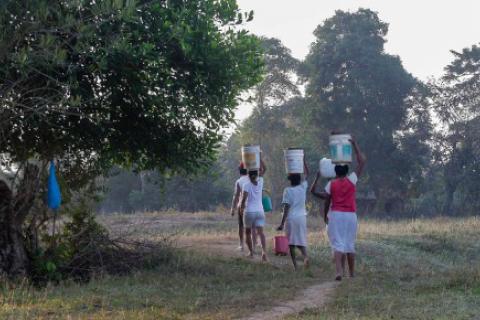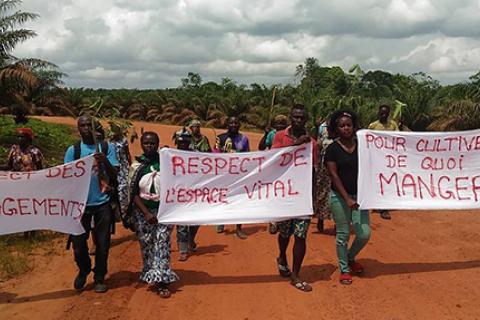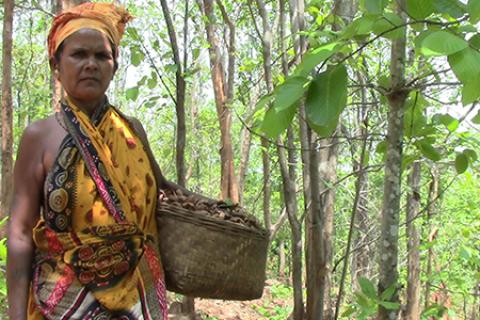The oil palm company Socapalm in Cameroon plans to renew its ISO 14001 certification, which expired in 2017. We expose the company's attempts to cover up the destruction caused to the communities and the environment
Bulletin articles
How secrecy and collusion in industrial agriculture spell disaster for the Congo Basin’s rainforests.
In 2017, the Finnish company UPM signed a contract with the Uruguayan government to establish a third mega pulp mill. The project is subject to exorbitant conditions imposed by the multinational.
Systems of community organization rooted in sacred beliefs and concepts guide relations in Bali, Indonesia, and help defy agribusiness and mega-tourism.
A rubber tappers community, part of a 40,000-hectare REDD+ project, faces a difficult struggle to maintain their way of life. The project has already sold carbon credits, yet to date only provided the local community with dental kits and a visit to the dentist.
On how pulp and paper companies are expanding in these territories while neutralizing community resistance in a process in which the population ends up economically and symbolically dependent on the companies.
This bulletin, on International Women's Day, is a call for direct and radical solidarity with those women who suffer, resist, organize and mobilize against the daily violence and abuse that industrial plantations cause.
From rapes, forced body searches and searches of private spaces, to the risk of losing their lives: this article calls on us not to be accomplices to the violence women living around tree plantations in Cameroon suffer.
The expansion of oil palm plantations in Indonesia has turned women into landless food buyers and cheap labour, with no adequate safety and health protection, for the plantation companies. (Available in Indonesian).
Contamination of water sources, deplorable working conditions, and sexual blackmail in exchange for work, are some of the kinds of violence against women living in and around oil palm plantations in Guatemala and Colombia.
A woman from the village of Mbonjo 1, Cameroon, which has witnessed the impact of industrial palm oil plantations and the constant presence of the military, calls for international solidarity and protection of right to life and freedom.
India’s programme to compensate for the destruction of forests for development projects is routinely setting up monoculture tree plantations on community commons. Women, who are mostly affected, are at the centre of its resistance.
